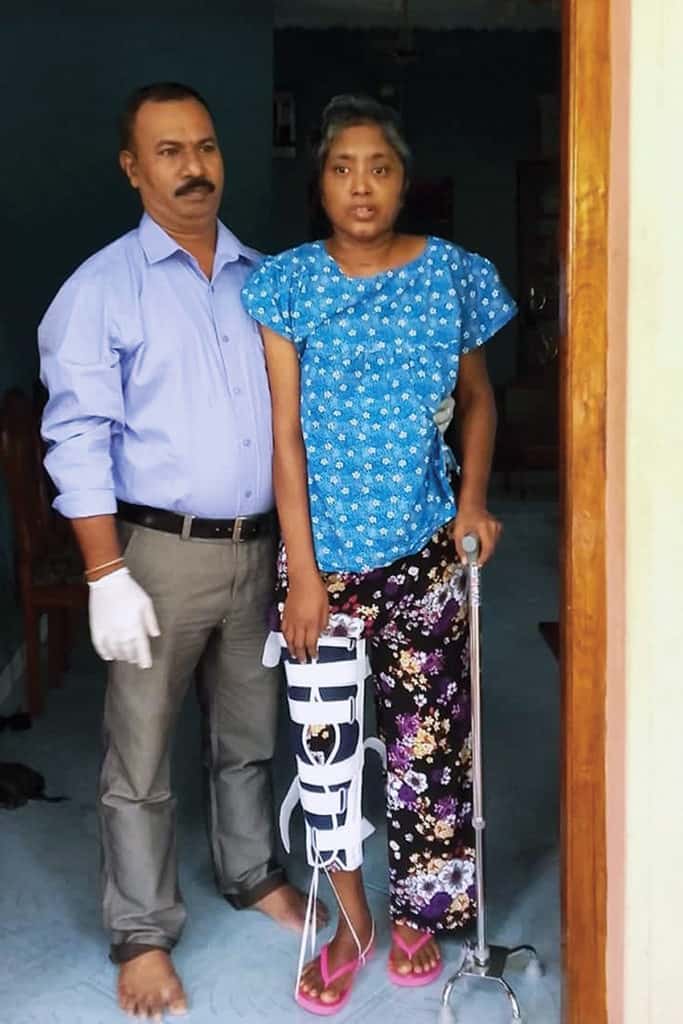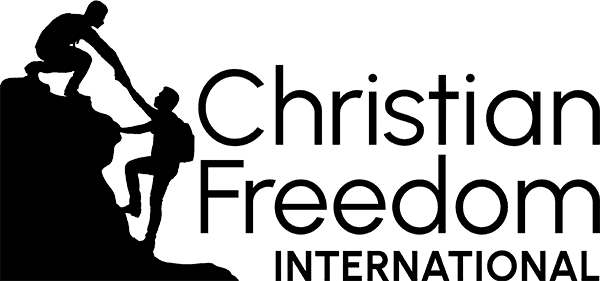Sri Lanka
Sri Lankan Christians withstand attacks by Buddhists, Islamists and Hindus
The deadly bombings of three churches on Easter in 2019 shook the world. Suicide bombers attacked at the same time on the east and west coasts of the island nation on a day that Christians would fill churches to celebrate the resurrection of Jesus Christ.
For Christian in Sri Lanka, this persecution came from a new source: The attackers were Sri Lankan Muslims connected to Islamic State (IS).
Zion Church in Batticaloa lost over 30 lives from a suicide bomber. Fourteen were children who had just finished their Sunday school class. The lesson that day was to beware of Satan who disguises himself then strikes to cause us to sin.
“This was not the first time Christians in Sri Lanka had been attacked,” a young man said. “Our pastors had taught us to respond by seeking God and not retaliating.”
Before the bombers were identified as Islamist extremists, many assumed they were Buddhists. For years, Buddhist monks invaded Evangelical churches, beat Christians, vandalized, seized Bibles, and insisted churches shut down. Government officials reportedly allowed and even assisted the attacks, and other religious leaders were silent.
At one point, Buddhist monks tracked down the home of a well-known Evangelical pastor but mistook his neighbor for him. The neighbor was brutally murdered, and his wife and daughter tied up and terrorized.
In 2006, police banned Evangelical church services for three months after a famous Buddhist monk died in another country. Followers of the 88-year old blamed Christians and wanted revenge. Christians quietly met in homes until they could return to their church buildings.
Sri Lanka’s Constitution entitles every person to “freedom of thought, conscience and religion,” and freedom to choose a religion. It also states Buddhism has the “foremost place” among religions and requires the government to protect it.
A Supreme Court ruling in 2003 said the government is only required to protect Buddhism and no other religion. In 2017, the Supreme Court said the Constitution does not protect the right to spread one’s religion.
Some believe the government’s stance toward Christianity, and allowing previous attacks on Christians with impunity, paved the way for officials to casually dismiss warnings of imminent terrorist attacks on churches on Easter.
Christian Freedom International helps with current needs of persecuted Christians, particularly survivors of attacks, and assessing security needs of Christian meeting places.

